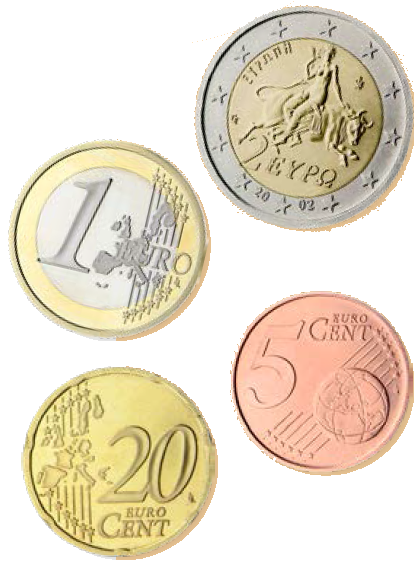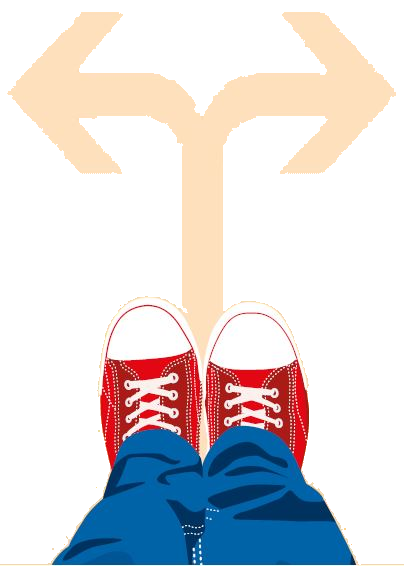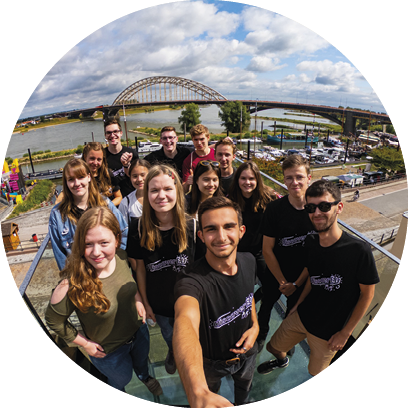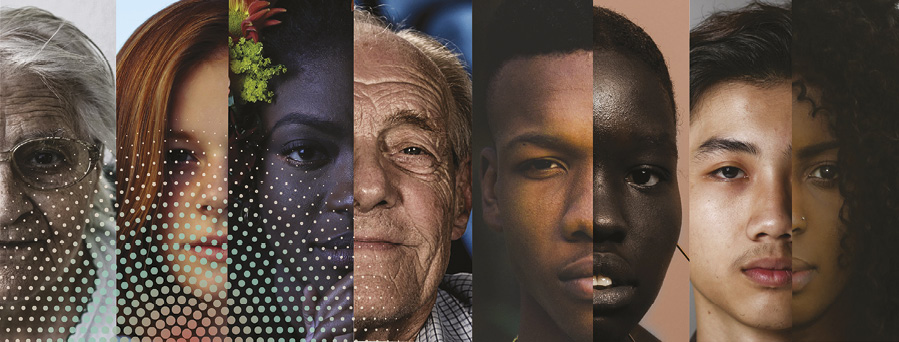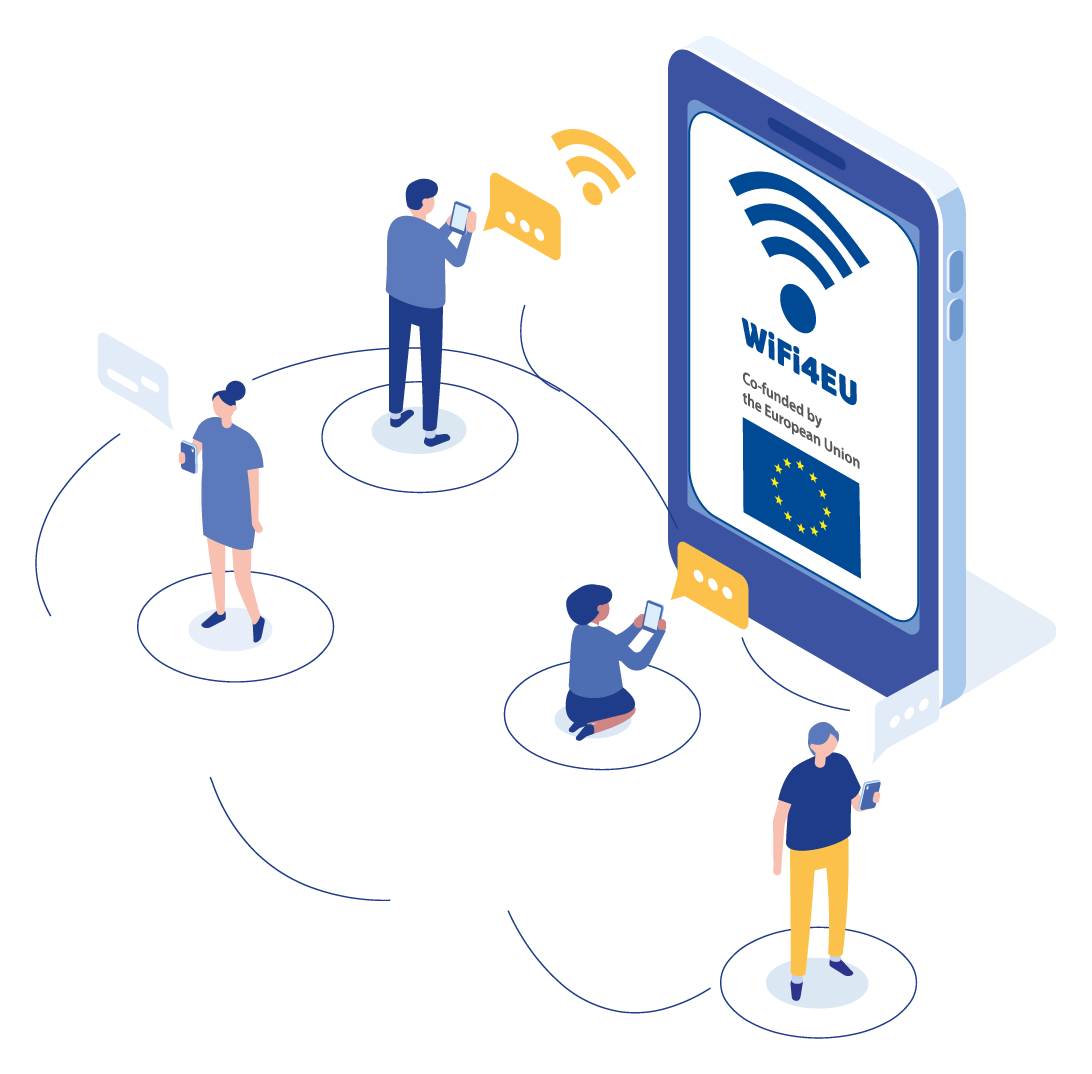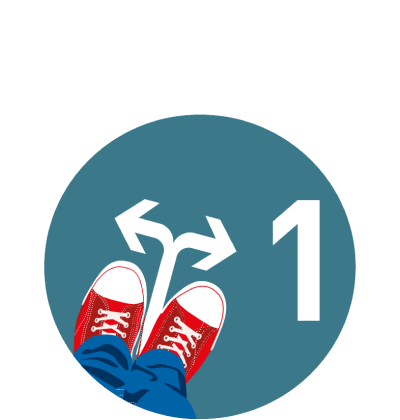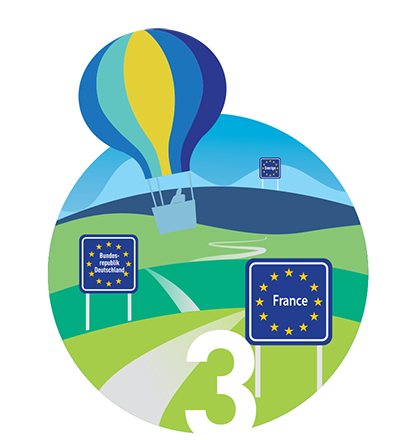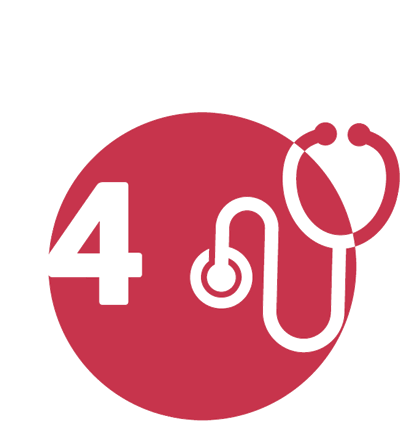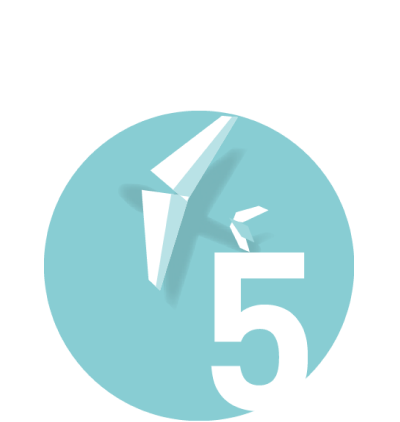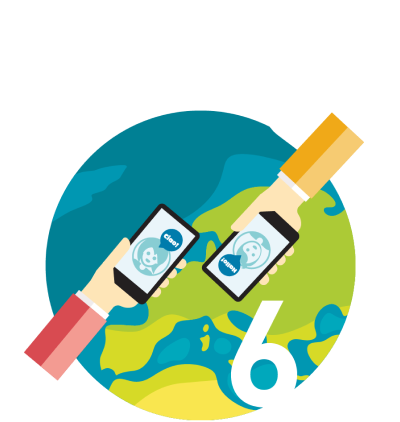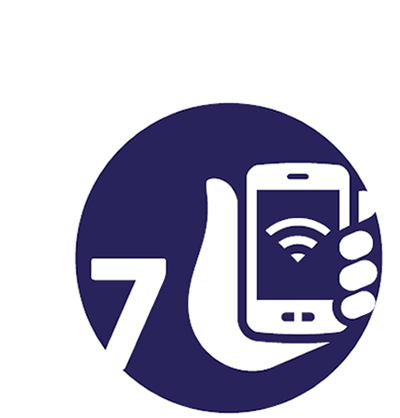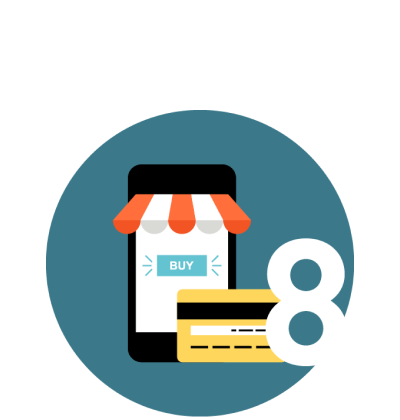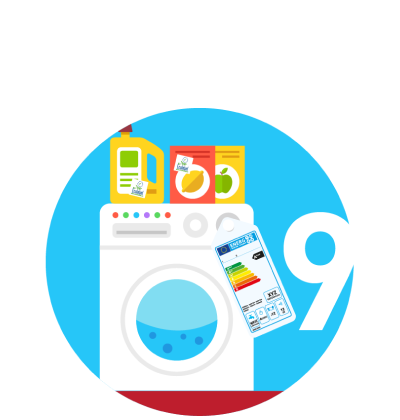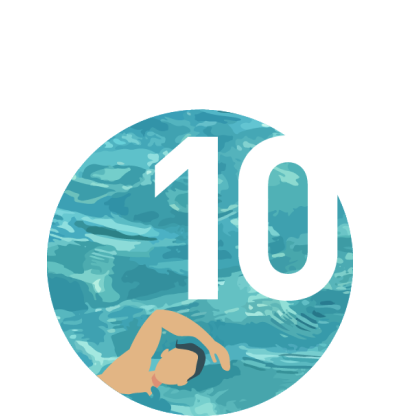Everything that the EU does is based on treaties that contain the rules for how the EU works. These have been agreed voluntarily and democratically by all EU countries.
The EU acts in those areas where the EU countries have authorised it and where it makes sense to act together, like on climate change or trading across the world.
In this chapter, you will find information on what has already been implemented and enacted by the EU (and in Chapter 4 ‘What’s on the EU’s agenda’ you will find information on what is being done to continue this work). Here are just a few of the EU’s achievements so far.
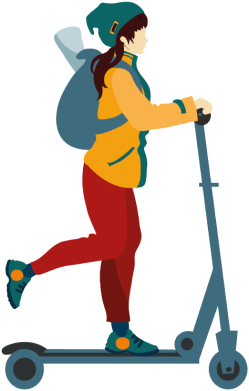
Safe and easy travel
Travelling has temporarily become more difficult due to the COVID-19 pandemic. However, under normal circumstances, travelling in Europe is much easier today than it used to be. That’s because most EU countries, and some non-EU countries, have removed border controls between each other. This removal of border controls is thanks to the Schengen Agreement, named after the village in Luxembourg where it was signed by European countries in 1985.
As a European citizen, you can travel without needing a passport within the 27 ‘Schengen countries’: 23 EU countries (Austria, Belgium, Croatia, Czechia, Denmark, Estonia, Finland, France, Germany, Greece, Hungary, Italy, Latvia, Lithuania, Luxembourg, Malta, Netherlands, Poland, Portugal, Slovakia, Slovenia, Spain and Sweden) plus Iceland, Liechtenstein, Norway and Switzerland. Bulgaria, Cyprus, Ireland and Romania are not currently part of the Schengen area. When travelling to or returning from countries that are outside the Schengen area, you will need to present a valid passport or ID card.
Preventing a disaster
Anasthassios from Greece had a fire in his apartment in Lisbon just after moving there to study. He didn’t know the Portuguese emergency service number, but he remembered he could use the 112 emergency number in Portugal, just as in his home country Greece, or anywhere in the EU. So he dialled 112 and got straight through to the Lisbon emergency service, which sent the fire brigade to his home straight away.


 When travelling to a country outside the European Union, EU citizens can get help from the consulate or embassy of
When travelling to a country outside the European Union, EU citizens can get help from the consulate or embassy of  WATCH THE VIDEO: European Health Insurance Card
WATCH THE VIDEO: European Health Insurance Card 
